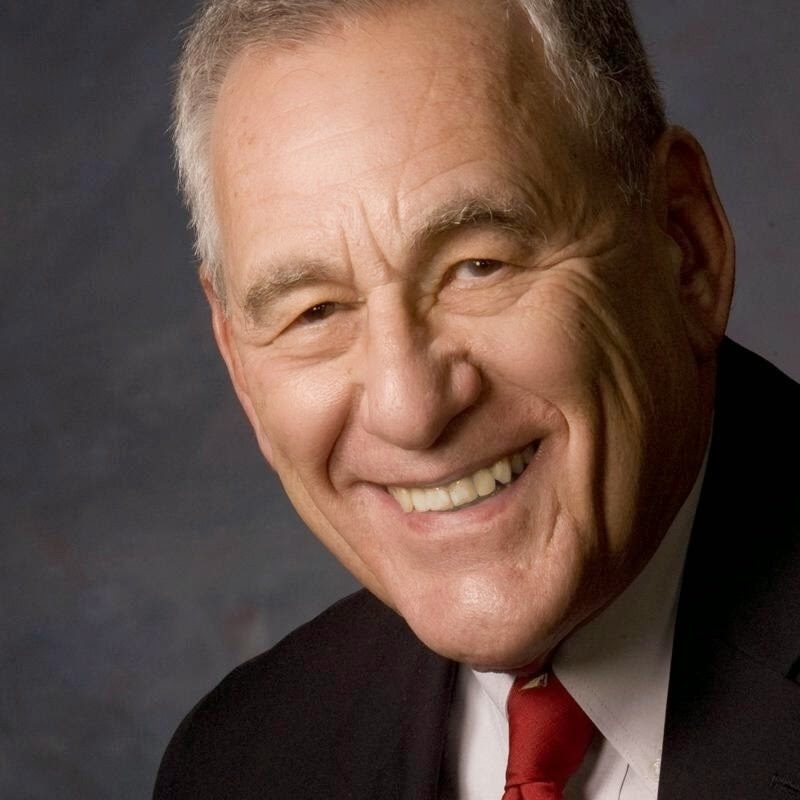Suppose you live next door to a police officer. He’s also a birdwatcher and keeps a video camera on his front porch to record birds at his feeder.
Each morning, as you go out your front door on the way to work, you know his video catches you. Sometimes you give him a wave.
One day when you leave for work, he follows you with his camera. He gets a video record of how you spend the day, including what you do and who you meet.
The next day you ask him what he was doing. Usually friendly, he turns cold, not saying a word in response. Now you are really worried. He knows a lot about your business, which could be valuable to your competitors.
So you go to the police department and ask if he has turned in his video at work. They say nothing in response and finally ask you to leave.
This is not a fantasy. It can happen in Maine.
Following 9/11, the federal government decided to improve its intelligence about potential terrorists in the U.S. With its financial support, states joined in gathering information on people so terrorist plans could be blocked. Most states created so-called fusion centers; here it is the Maine Information and Analysis Center.
But there was a small problem. The federal and state governments did not know who were potential terrorists, making everybody a possible threat. That meant the police could collect information on anyone, just in case they turned out to be a terrorist.
Without much of a terrorist threat in Maine, those surveillance resources could be used to fight crime, even before it was committed. Again, everybody is a potential criminal.
But Maine went a step further. Reportedly it is one of only two states to pass a law allowing police to deny any information about these activities to anybody. It can compile files on anybody, or everybody, without their knowing it.
The Maine Legislature was told that this law was meant to protect privacy. In the process of doing that, it protects the police.
Why do you need protection from this secret surveillance? If you are not a terrorist or criminal, what difference does it make if the State Police has a file on where you travel, what organizations you belong to and who your friends are?
The police say they only collect public information, so they are not invading your privacy. Is there a difference between your daily departure for work and being recorded for a full day or maybe several days?
The police seem to think there’s no difference. The U.S. Supreme Court seems to disagree.
In 2018, it ruled that police must get a court warrant before collecting cell phone records that show a person’s movements. While those movements were public when they occurred, nobody could have tracked them or reconstructed them accurately without the police access to cell phone data.
All your daily moves were public, but only by following you can police collect data on an innocent person for an entire day or week.
Federal law is supposed to offer help. The records collected are not to be kept for more than five years. But the secrecy of the Maine law prevents anybody from knowing if the State Police is following that law.
This clandestine operation came to light because of George Loder, a state trooper who claimed he was demoted when he found alleged illegal activity. Attempting to discredit the whistleblower, the police said he was sore about losing his job. Of course, that did not make him wrong.
The revelation of this activity came as police are increasingly being examined for abuse of their powers. The Maine Legislature has shown new interest in the MIAC and the laws covering it, but it’s not clear if action will be taken.
Gov. Janet Mills, formerly a district attorney and attorney general, is waiting for the whistleblower complaint to be completed. She has said the problem, if any, should be resolved “under all pertinent federal and state laws.” She has not suggested the current law should be reconsidered.
Few argue against a strong and competent police force, but many now insist it must be accountable for operating as much in the interest of average people and as in preventing terrorism or crime.
Without reasonable rules and oversight by elected officials, the concern is that police will exceed their mandate and abuse their powers.
One of the most well-known cases of abuse was the East German Stasi, the police force that seemingly had a file on everyone. What was a normal activity last week could become a crime this week, and the Stasi already had the evidence. That’s called a police state.
Closer to home was J. Edgar Hoover, the longtime head of the FBI. He developed files on people, intending to threaten them with information from their private lives. Most famously, he collected information on Martin Luther King, Jr. that had nothing to do with criminal activity.
The Maine whistleblower went further than claiming abuse of police power. He said the MIAC had videos of demonstrators against the transmission line of Central Maine Power’s parent company and gave the video to CMP. The demonstrations broke no law and are constitutionally protected.
I asked both CMP and the State Police if any information had been provided. Not surprisingly, I received no answer from the police, thanks to Maine law that allows it not to respond. But the law does not prevent it from answering.
CMP said its parent company, which has been charged with no wrongdoing, was investigating the matter. Apparently it takes weeks or months for the company to determine if it received a video. A CMP representative has a seat on the MIAC advisory board.
The whistleblower is suing for his previous rank and job. There will be more to the story.




